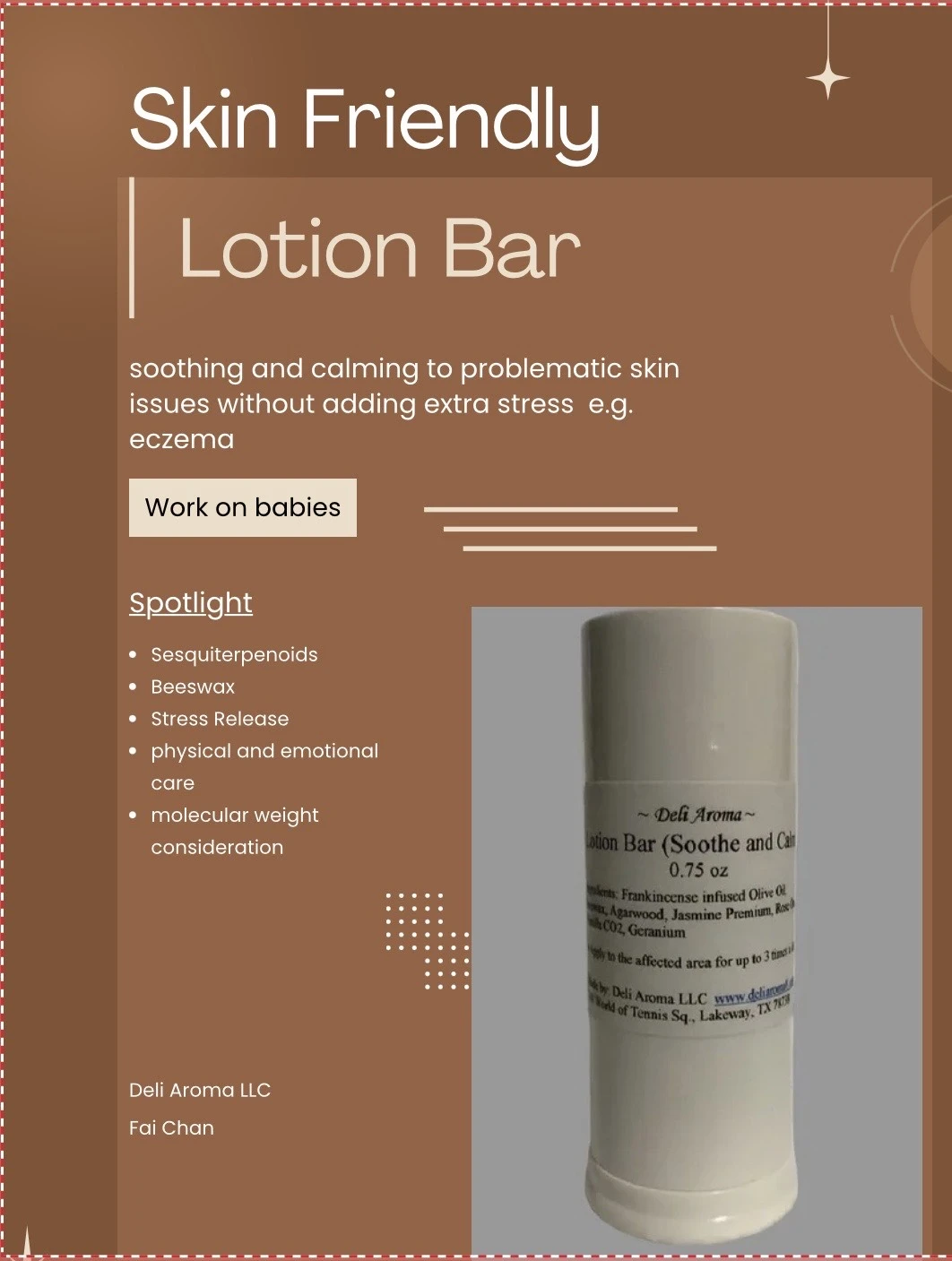Indexed In
- Open J Gate
- Genamics JournalSeek
- ResearchBible
- RefSeek
- Directory of Research Journal Indexing (DRJI)
- Hamdard University
- EBSCO A-Z
- OCLC- WorldCat
- Scholarsteer
- Publons
- MIAR
- Euro Pub
- Google Scholar
Useful Links
Share This Page
Journal Flyer

Open Access Journals
- Agri and Aquaculture
- Biochemistry
- Bioinformatics & Systems Biology
- Business & Management
- Chemistry
- Clinical Sciences
- Engineering
- Food & Nutrition
- General Science
- Genetics & Molecular Biology
- Immunology & Microbiology
- Medical Sciences
- Neuroscience & Psychology
- Nursing & Health Care
- Pharmaceutical Sciences
Abstract
Self - Control Tasks Depend on Glucose Levels in Students
Ababio GK, Adu-Bonsaffoh K, Bosomprah S, Aryee NA, Khurshid K, Antwi-Boasiako C, Morvey D, Dzudzor B and Chaplin WB
Background: Burgeoning evidences have correlated self-control to desirable outcomes. A recent work found in literature has indicated that self-control relied on glucose; but there is no such data in Ghana. Hence, a replicative study is needed to investigate this further and this was the focus of the current study.
Aim: The purpose was to determine the association between blood glucose levels and self – control score in medical students under exams condition.
Method: The convenience sample consisted of 105 first year medical students of the University of Ghana Medical School (UGMS). These students’ were interviewed using a structured questionnaire for demographic, self –control information and clinical information after ethical clearance and informed consent. Three mL venous blood samples were obtained for determination of blood sugar levels before mini students’ exams and 10 minutes after students’ interim assessment. The data obtained was entered into an excel spread sheet (Microsoft company, USA) and analyzed using SPSS version 18.
Results: Self-control schedule (SCS) formed a unique pattern with blood glucose levels. However, there was no relationship between gender and SCS [chi-square (2df)=0.120, p=0.942]; but with the introduction of interim assessment as the stressor, SCS in females increased with increased exams score.
Conclusion: Self-control task could possibly depend on glucose.


